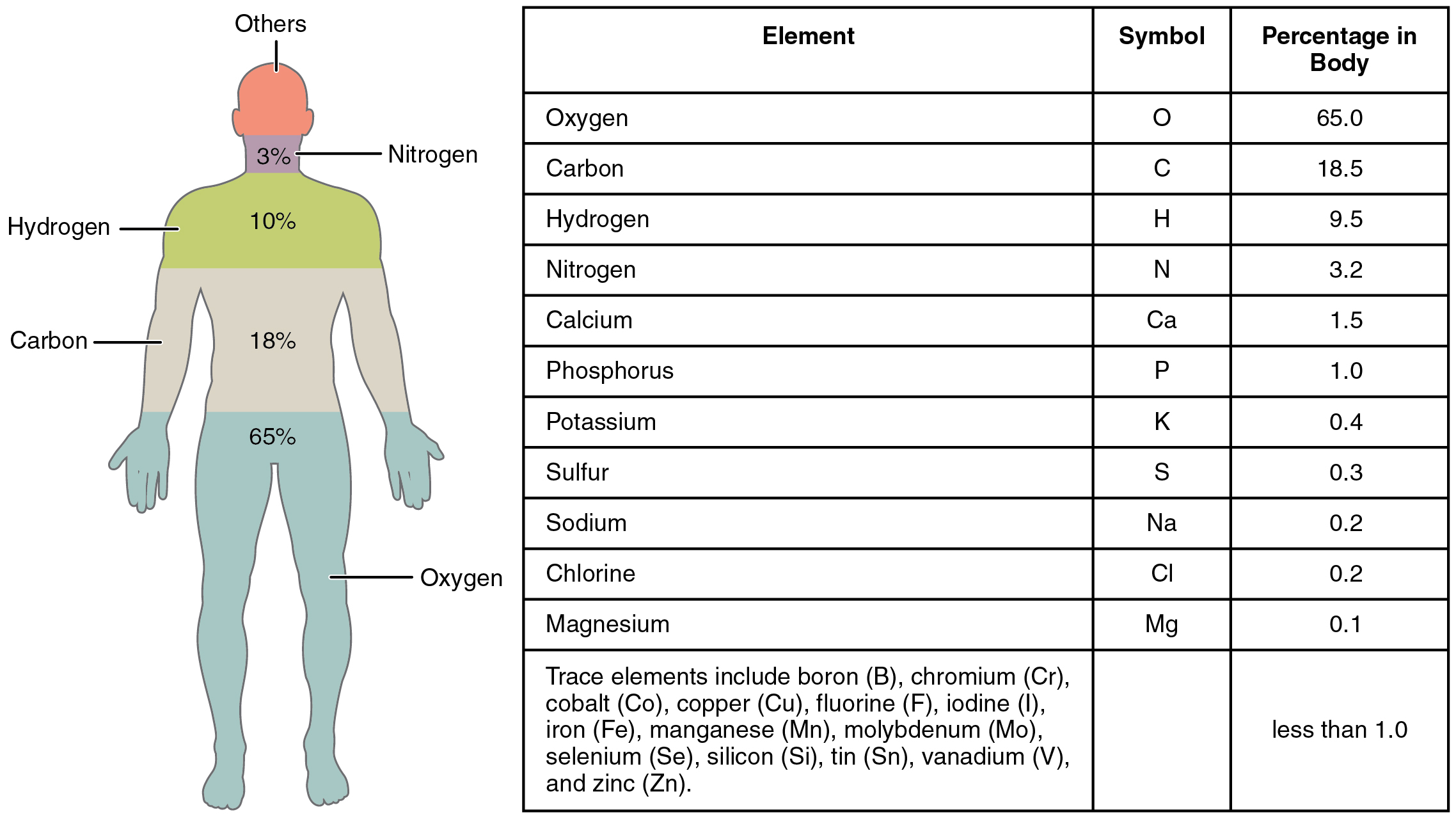Seven per cent of a human s body weight is made up of blood

Seven per cent of a human’s body weight is made up of blood.

When it comes to understanding the components that make up the human body, blood is undoubtedly one of the most vital and complex. An incredible fact about our bodies is that approximately seven percent of our total body weight is made up of blood. In other words, if you weigh around 70 kilograms (154 pounds), a staggering 4.9 liters (1.3 gallons) of your weight is attributed to blood.
Blood, often referred to as the “river of life,” plays an indispensable role in maintaining our overall health. It circulates throughout our body, transporting essential substances such as oxygen, nutrients, hormones, and waste products to their respective destinations. The cardiovascular system, consisting of the heart, blood vessels, and blood, work in harmony to ensure the efficient distribution of these vital elements.
This fascinating fact about our body weight and blood clearly underscores the significance of this crimson fluid. Composed of various components, blood consists of red blood cells, white blood cells, platelets, and plasma. Each component has critical functions that contribute to our overall well-being.
Red blood cells, or erythrocytes, are responsible for carrying oxygen from the lungs to the body’s tissues and removing carbon dioxide, a waste product, for excretion. These cells contain a protein called hemoglobin, which binds to oxygen in the lungs and releases it throughout the body.
White blood cells, on the other hand, are integral components of our immune system. They act as defenders against foreign invaders such as bacteria, viruses, and other harmful substances. White blood cells come in different types, each with its own specialized function in protecting our bodies from infections and diseases.
Platelets, smaller than red and white blood cells, play a crucial role in the clotting process. When a blood vessel is damaged, platelets immediately rush to the site to form a clot and stop the bleeding. This vital mechanism prevents excessive blood loss and aids in the healing process.
Finally, plasma is a yellowish fluid component of blood that carries nutrients, hormones, and waste products. It also helps regulate body temperature and maintains the balance of electrolytes, such as sodium and potassium.
:max_bytes(150000):strip_icc()/human-body-infographics-465321784-57ab54755f9b58974a07fa9f.jpg)
Healthy blood plays a pivotal role in maintaining our body’s equilibrium and ensuring proper functioning of the various organ systems. By understanding the incredible fact that seven percent of our body weight is composed of blood, we gain a deeper appreciation for the significance of this vital component. It underscores the complexity of our bodies and the intricate balance required for optimal health.
So, the next time you consider your body weight, remember that a significant portion of it is attributed to blood, the life-sustaining fluid that keeps us alive and thriving.
Tags
Share
Related Posts
Quick Links
Legal Stuff

